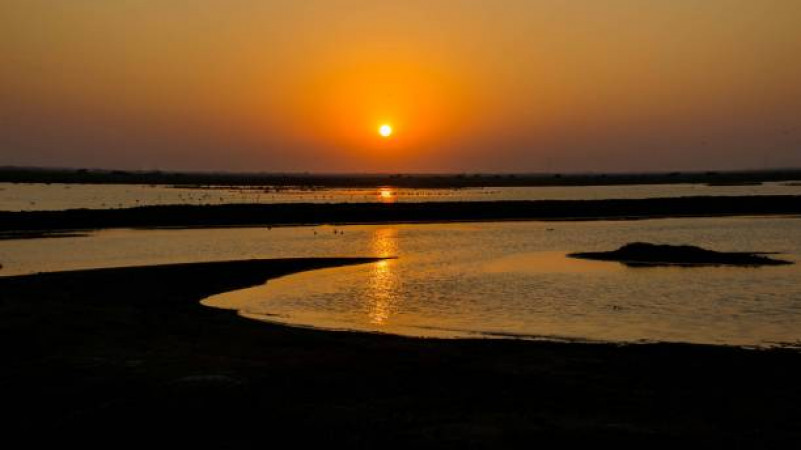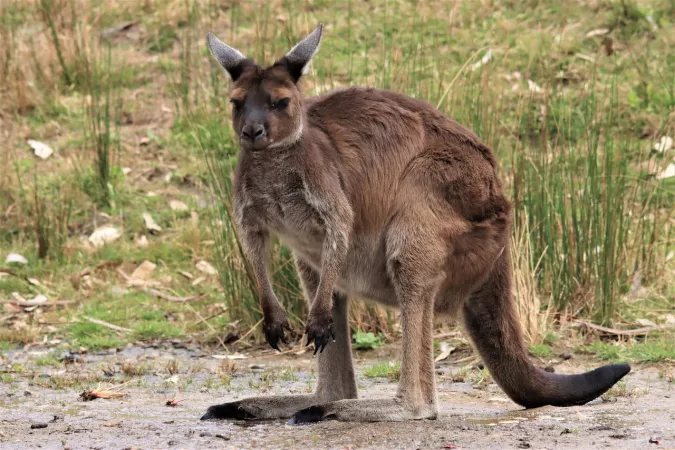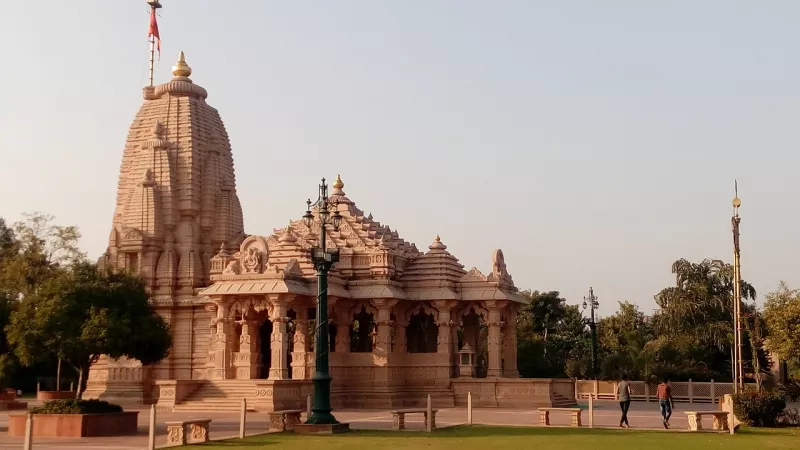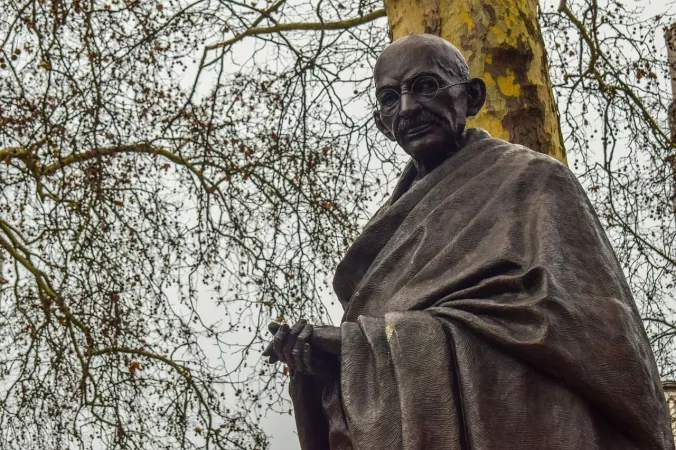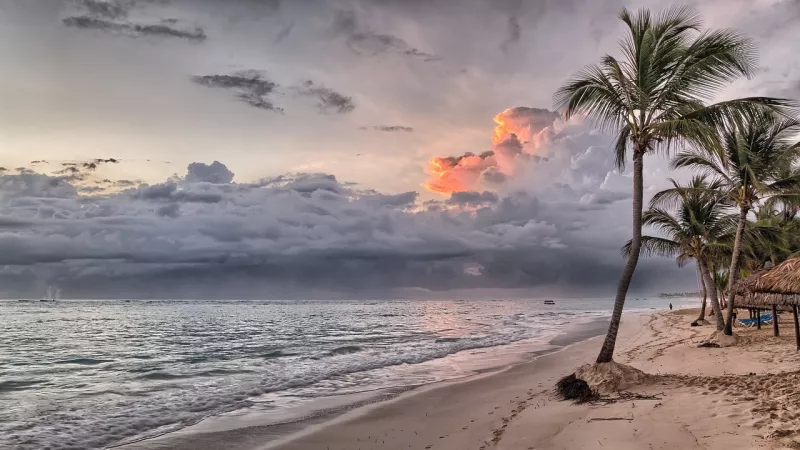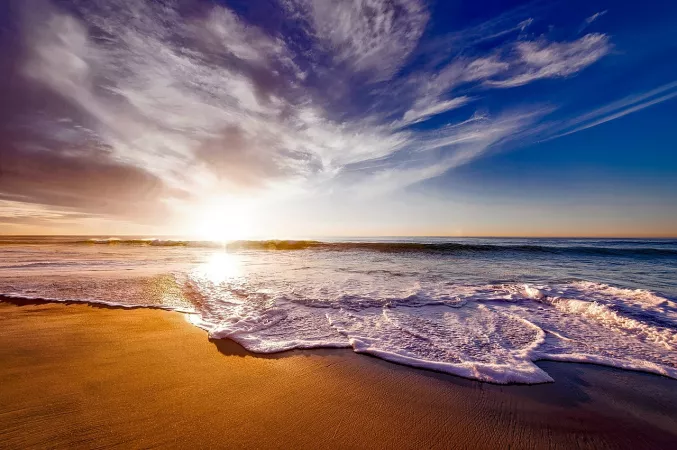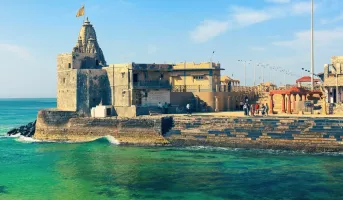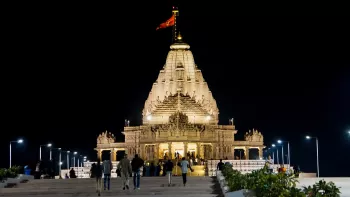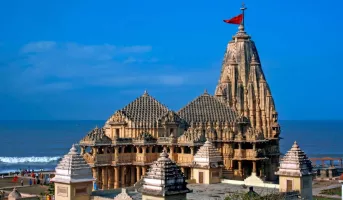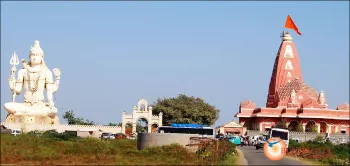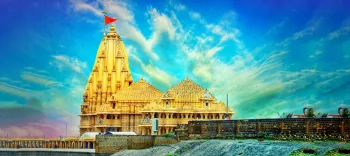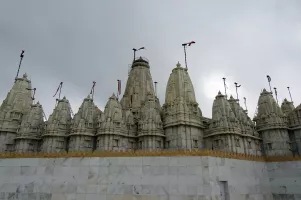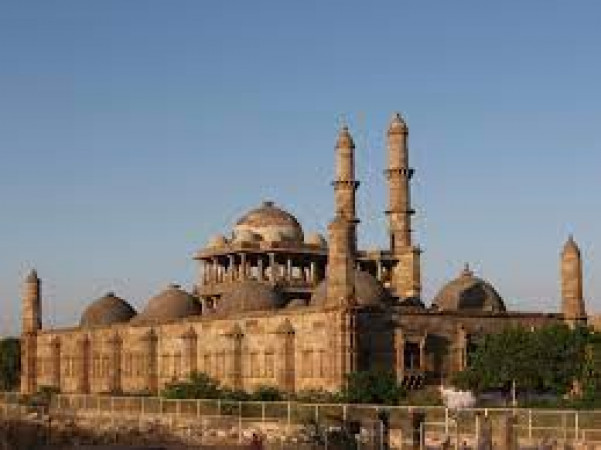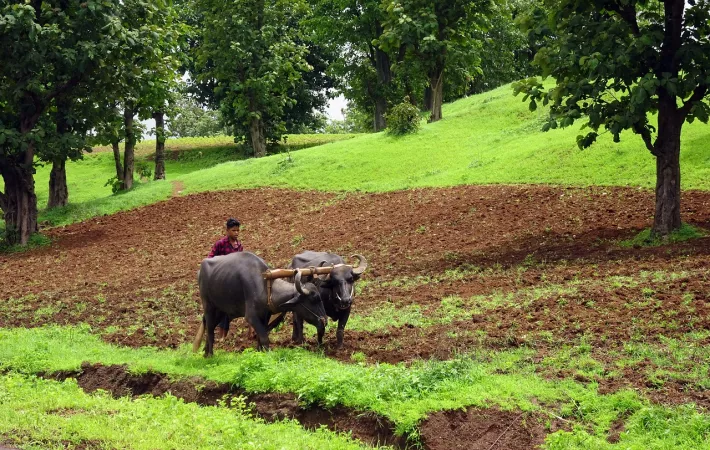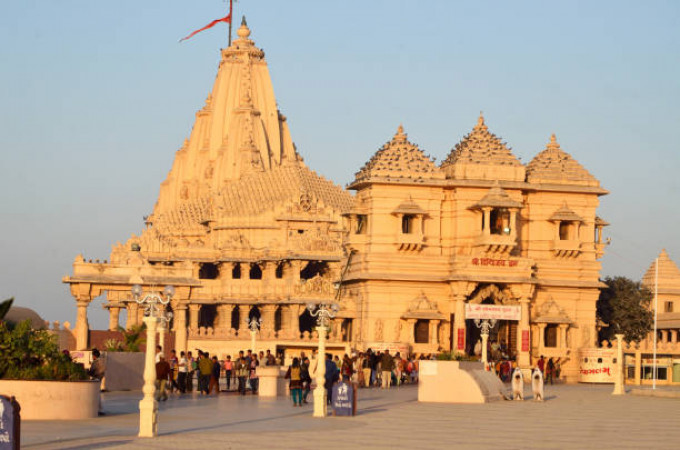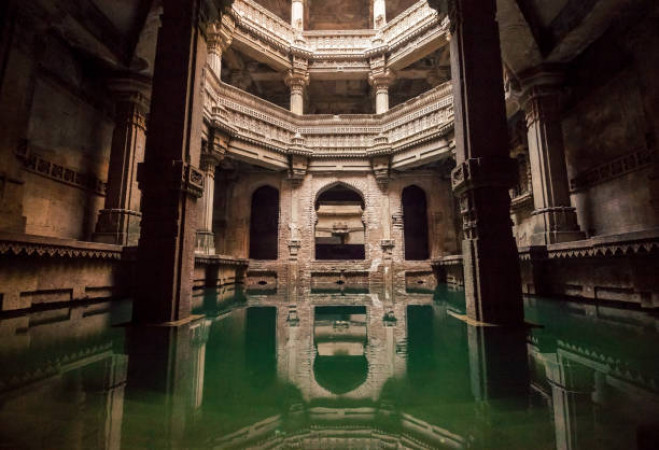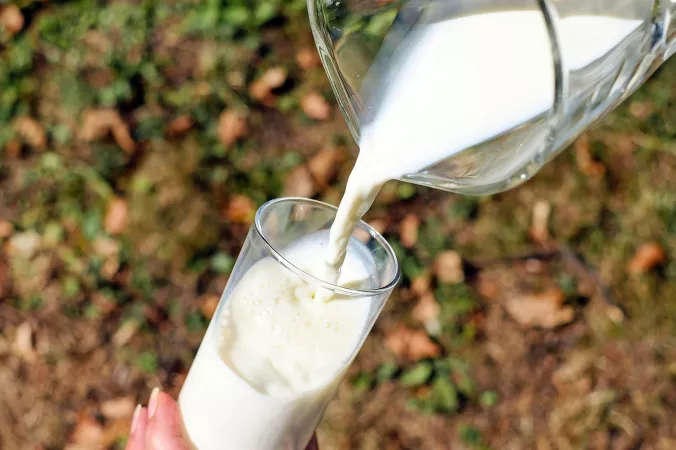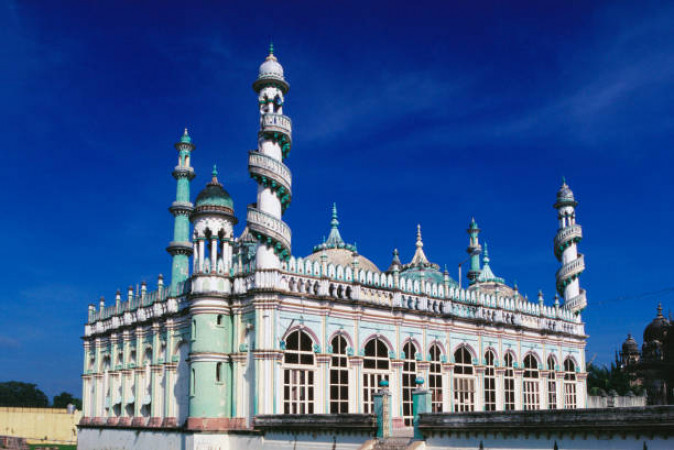Porbandar Travel Guide
Porbandar, located in the state of Gujarat, India, is a coastal city known for its rich historical significance as the birthplace of Mahatma Gandhi. This picturesque destination offers a blend of history, culture, and spirituality, making it a must-visit for travelers seeking a unique experience.Top Attractions in Porbandar
- Kirti Mandir - Mahatma Gandhi's Birthplace
- Porbandar Beach
- Sudama Temple
- Barda Hills Wildlife Sanctuary
- Chowpatty Beach
Porbandar is Famous for
Known for being the birthplace of Mahatma Gandhi, Porbandar holds significant historical importance as the home of the Father of the Nation.Top Attractions in Porbandar
- Exploring the Kirti Mandir and experiencing Gandhi's legacy
- Relaxing on the pristine Porbandar Beach
- Visiting the Sudama Temple for spiritual solace
- Spotting wildlife at Barda Hills Wildlife Sanctuary
- Enjoying a leisurely evening at Chowpatty Beach
What's Great about Travelling to Porbandar?
- Rich historical heritage
- Beautiful beaches and wildlife sanctuaries
- Spiritual and cultural experiences
What's Not So Great about Travelling to Porbandar?
- Limited nightlife options
- Hot and humid weather during summers
- Language barrier for non-Gujarati speakers
Travel Tips for Porbandar
- Carry sunscreen and stay hydrated
- Respect local customs and traditions
- Book accommodations in advance, especially during peak tourist seasons
Important Porbandar trip information
- Ideal Duration: 2-3 days to explore the major attractions
- Best Time to Visit: October to March for pleasant weather
- Nearby Airports and Railway Stations: Porbandar Airport and Porbandar Railway Station
Top 7 Places to visit in Porbandar
Per Person
13,400
*EXCLUDING APPLICABLE TAXES 4.9 Ratings
( 362 Reviews )
( 362 Reviews )
Per Person
27,999
*EXCLUDING APPLICABLE TAXES 3.9 Ratings
( 74 Reviews )
( 74 Reviews )
Per Person
13,350
*EXCLUDING APPLICABLE TAXES 4.9 Ratings
( 362 Reviews )
( 362 Reviews )
Per Person
6,900
*EXCLUDING APPLICABLE TAXES 3.9 Ratings
( 74 Reviews )
( 74 Reviews )
Per Person
24,900
*EXCLUDING APPLICABLE TAXES 5.0 Ratings
( 291 Reviews )
( 291 Reviews )
Per Person
19,575
*EXCLUDING APPLICABLE TAXES 5.0 Ratings
( 61 Reviews )
( 61 Reviews )
FAQ's on Porbandar
Q1: What is the best time to visit Porbandar?
The best time to visit Porbandar is during the winter months from November to February when the weather is pleasant and ideal for exploring the city. Avoid the monsoon season from June to September due to heavy rainfall.
Q2: Do I need a visa to travel to Porbandar?
Tourists visiting Porbandar need a valid Indian visa. However, travelers from select countries may be eligible for e-Visa facilities. It's advisable to check the specific visa requirements based on your nationality before planning your trip.
Q3: What are the must-visit attractions in Porbandar?
Porbandar is known for its historical significance as the birthplace of Mahatma Gandhi. Must-visit attractions include Kirti Mandir, Sudama Temple, Porbandar Beach, and Barda Hills Wildlife Sanctuary.
Q4: Is Porbandar a safe place to travel?
Porbandar is generally safe for tourists. However, like any other destination, it is recommended to stay alert and avoid isolated areas at night. Respect local customs and be cautious of pickpockets in crowded places.
Q5: What is the local currency in Porbandar and can I use credit cards?
The local currency in Porbandar is the Indian Rupee (INR). While credit cards are accepted in larger establishments, it's advisable to carry cash for smaller vendors and local markets. ATMs are widely available for cash withdrawals.
Q6: What is the local cuisine like in Porbandar?
Porbandar offers a variety of local delicacies including seafood dishes, dhokla, thepla, and fafda. Be sure to try the famous Gujarati thali for a traditional dining experience. Vegetarian options are prevalent due to cultural preferences.
Q7: What transportation options are available in Porbandar?
Transportation options in Porbandar include buses, auto-rickshaws, and taxis for local travel. Renting a car is also a convenient way to explore the city and nearby attractions. Public transport is cost-effective but may be crowded during peak hours.
Q8: Are there any cultural norms or etiquette I should be aware of when visiting Porbandar?
When visiting Porbandar, it's important to dress modestly and respect local customs. Remove your shoes before entering temples and religious sites. Greet people with a "Namaste" and avoid public displays of affection. It is customary to accept food or gifts with your right hand.
Q9: I am a travel agent. How can I buy travel leads of Porbandar?
Register yourself as a travel agent at agents.tripclap.com and then you can buy travel leads to Porbandar once your account is approved. For more details contact our support team at +91-8069186564 or support@tripclap.com
